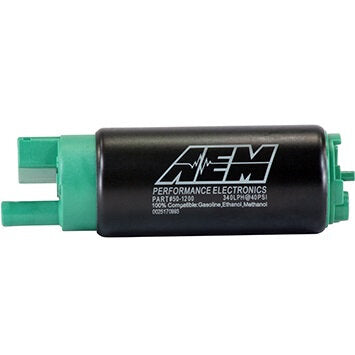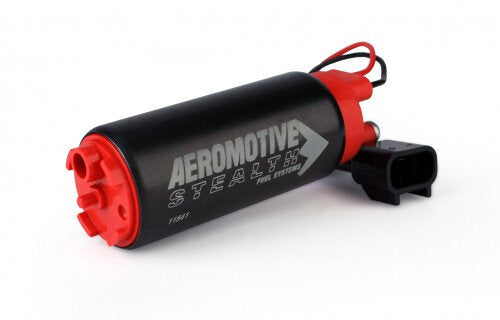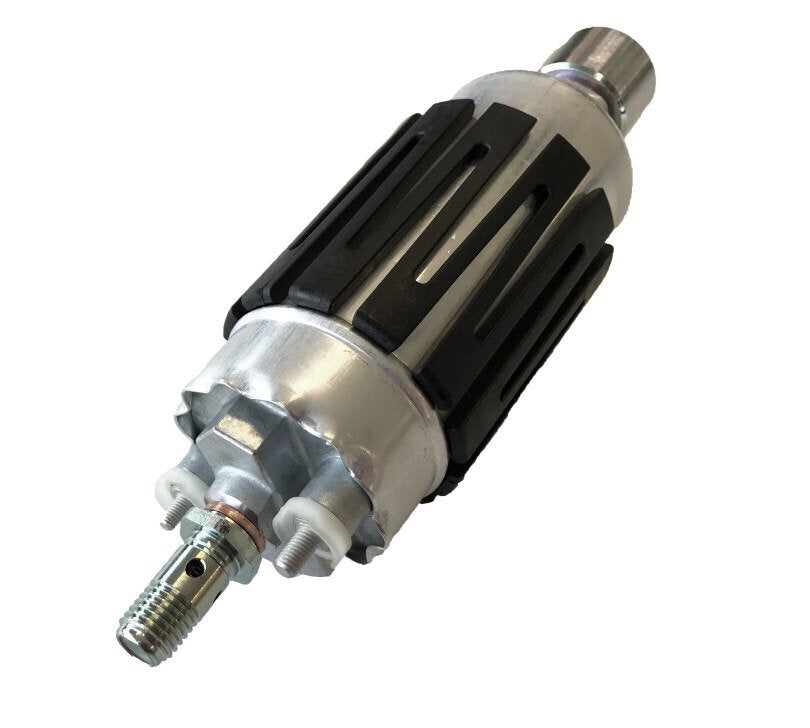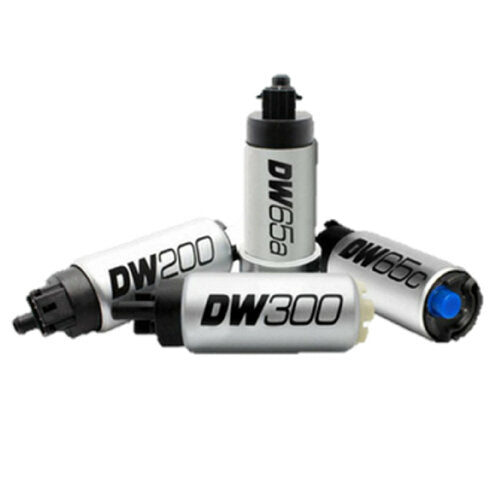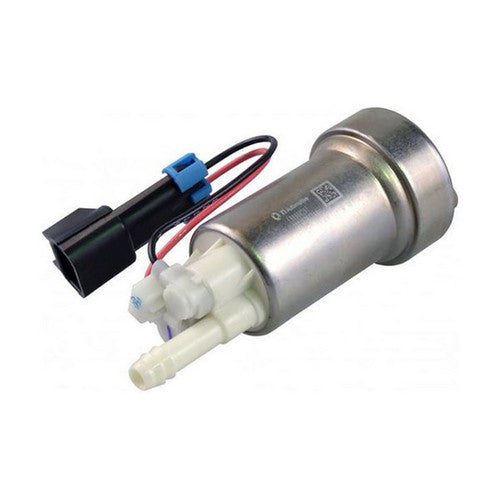Fuel Pumps
Performance fuel pumps are designed to deliver a higher volume of fuel and maintain consistent fuel pressure, making them suitable for high-performance and modified engines. These pumps are crucial in applications where the stock fuel pump may not provide sufficient fuel flow for increased horsepower and performance demands. Here are some key considerations when it comes to performance fuel pumps:
- Flow Rate: The flow rate of a fuel pump is measured in gallons per hour (GPH) or liters per hour (LPH). Higher flow rates are essential for delivering more fuel to the engine, especially in high-performance or forced induction applications.
- Fuel Pressure: Performance fuel pumps must maintain adequate fuel pressure to ensure proper fuel atomization and combustion. Fuel pressure is typically measured in pounds per square inch (psi). Different engines and fuel injection systems have varying pressure requirements.
- Electric vs. Mechanical: Many modern performance fuel pumps are electric, as they offer better control and are easier to install. However, some applications, especially in older vehicles, may still use mechanical fuel pumps.
- In-tank vs. External: In-tank fuel pumps are located inside the fuel tank, while external pumps are mounted outside the tank. In-tank pumps are common in modern vehicles and are often preferred for their quieter operation and better cooling. External pumps may be used in certain performance setups.
- Fuel Compatibility: Ensure that the fuel pump is compatible with the type of fuel your vehicle uses (e.g., gasoline, ethanol blends, methanol). Some performance pumps are specifically designed for use with alternative fuels.
- Vehicle Compatibility: Check that the performance fuel pump is suitable for your specific make and model of vehicle. Some pumps may be designed for specific applications, while others are more universal.


